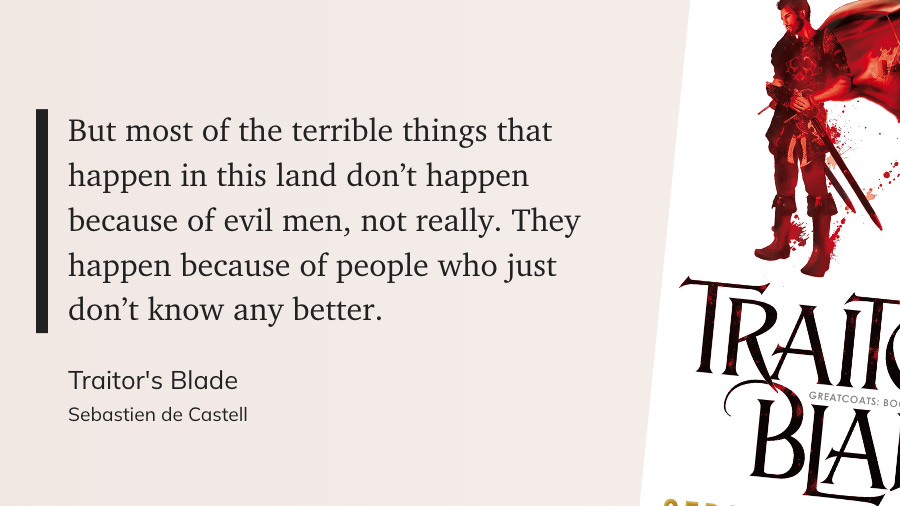
It’s mid-July, and the sun is beating down on my old Kentucky home with an intensity that I don’t have the words to describe. The new school year is coming, and already, the calendar fills with meetings, conferences, and all the usual trappings.
The past weekend provided what may prove to be the turning point in the 2024 US presidential election.
I still don’t know how to describe my religious upbringing. While I’m not sure it was a full-blown cult, it certainly echoed many of the telltale signs of Christian cults. And those groups have only grown in size and number in the past twenty years, especially since a black man was elected president.
I am disturbed by the growing number of people who are assigning former President Trump almost godlike status, emphasizing that he is untouchable and ordained to lead.
It sounds an awful lot like what good Christians are supposed to be on watch for to know the arrival of the Antichrist, if you believe such things.
All I know is that, after this weekend’s assassination attempt, I’m inclined to agree with John Naughton’s assessment that the American experiment with democracy is ending.
A dark cloud hangs over this country, and my mind turns to my daughter and all the students I serve. What will happen next, and how will it affect their future?
Quote of the Day
“But most of the terrible things that happen in this land don’t happen because of evil men, not really. They happen because of people who just don’t know any better.” (Sebastien de Castell, Traitor’s Blade)
Musical Interlude
This summer’s Dave Matthews Band tour has seen the resurrection of several older songs from the band’s catalog. One of those making regular appearances is one of my favorites, The Last Stop.
Here’s a live version from this past May:
Long Read of the Day
Last week at a conference, an interesting session asked two teachers to dribble a basketball for 30 seconds without stopping. When they failed, the only feedback given was “try harder.”
How many times have we heard that? How many times have we been the ones telling students that? Does it really work? Can’t they just be more resilient and try harder?
They can, but trying harder doesn’t always accomplish the goal, and, more often than not, it just frustrates you. Resiliency isn’t always what it’s cracked up to be. Soraya Chemaly talks more about The Resilience Myth…
Over years I had really absorbed the idea that resilience was 9/10th the ability to persevere, be gritty, try to stay optimistic, etc. and 1/10th having a supportive social circle. When my family was thrown into the deep end of a crisis, it became clear that nothing I could do as an individual could compare to what we all needed, which was a combination of love, friendship, compassionate listeners, and actual material resources, such as access to good health care and medicine.
Video of the Day
Can AI create a documentary film? Maybe…
Artistic legend Brian Eno is featured in a unique documentary that changes every time it’s watched. The film uses special software to create countless versions of Eno’s story, a story that the producers are constantly adding more content to. I’m sure it’s a trip, as most anything associated with Eno always has been. But, the ideas behind the film’s creation echo much of Eno’s own ideas about the constantly changing nature of the world around us.
Final Thoughts
Maybe we should rethink our facts of life…
The Eclectic Educator is a free resource for everyone passionate about education and creativity. If you enjoy the content and want to support the newsletter, consider becoming a paid subscriber. Your support helps keep the insights and inspiration coming!


